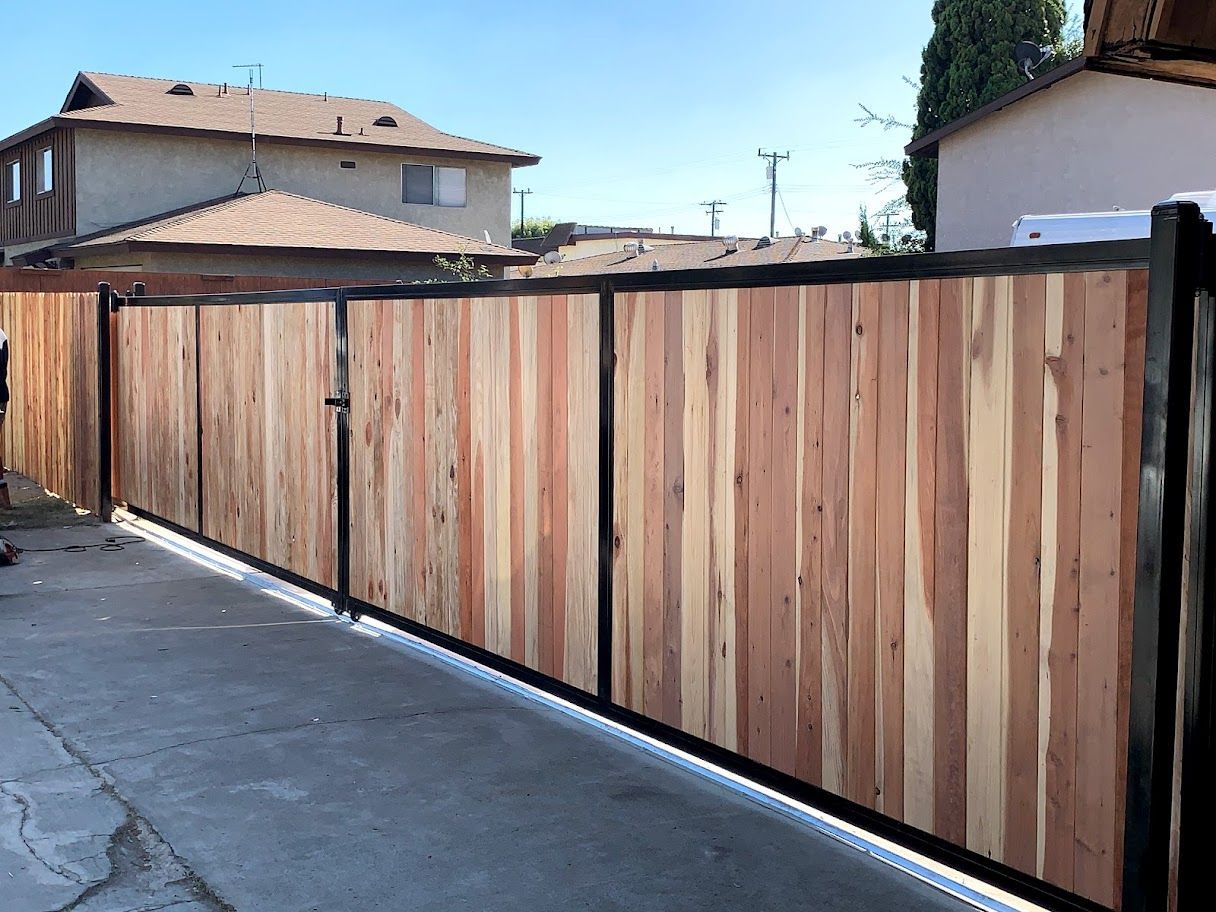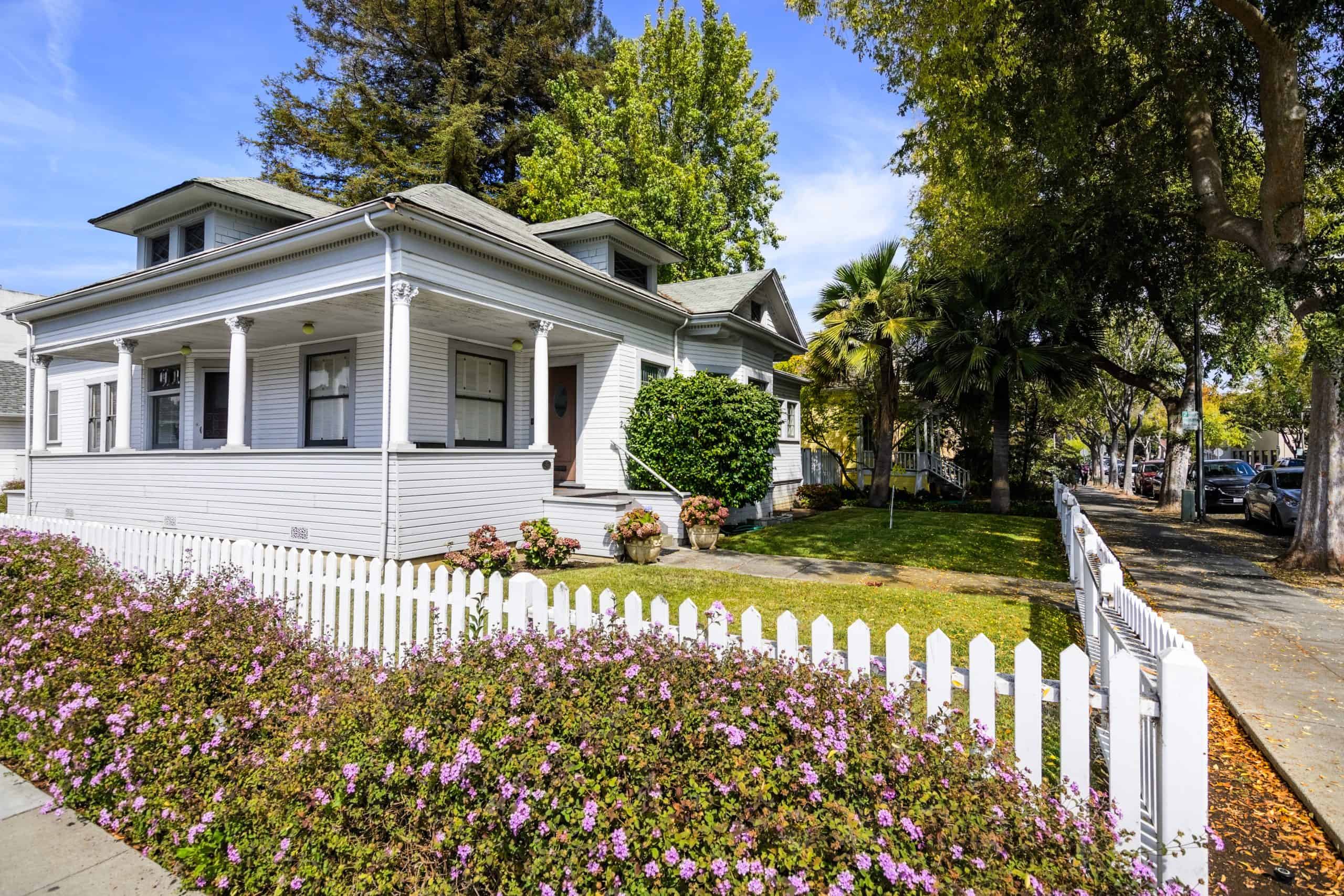All Categories
Featured

Picking the right fence material is essential for accomplishing the balance of sturdiness, aesthetic appeals, and functionality that fits your residential or commercial property. Timber, vinyl, and light weight aluminum are prominent options, each with unique attributes that cater to particular demands. Below's a thorough take a look at the benefits and disadvantages of these 3 materials.
Timber Fencing. Pros:. Ageless Appeal: Wood uses an all-natural, classic appearance that complements various building styles. Adjustable: It can be repainted or tarnished in a range of design and colors. Inexpensive: Timber fences are often more affordable in advance than vinyl or light weight aluminum. Eco-Friendly: As a renewable energy, timber is sustainable and biodegradable when sourced properly. Disadvantages:. Maintenance-Intensive: Calls for regular discoloration, paint, or securing to shield against weather and bugs. Shorter Life Expectancy: Relying on the kind of wood and climate, it typically lasts 10-15 years. Susceptability to Damage: Prone to deteriorating, bending, and termite damages without correct care. Wood is perfect for property owners that value appearances and want to spend effort and time in maintenance to lengthen its life.
Vinyl Fence. Pros:. Sturdy: Resistant to bugs, rot, and weather, vinyl keeps its structure in extreme problems. Low Upkeep: Requires little maintenance past periodic cleaning. Lengthy Life expectancy: Plastic can last 20-30 years without substantial wear or damage. Flexible Designs: Readily available in numerous shades, textures, and styles, including alternatives that simulate wood. Cons:. Expensive Installment: Plastic fences are extra expensive to install compared to timber. Weak in Cold Climate: Vinyl can crack in severe cool environments. Difficult to Fixing: If damaged, entire areas might need replacement, which can be testing to match. Vinyl fence is a terrific choice for those focusing on durability and very little maintenance, also if it includes a greater ahead of time price.

Light Weight Aluminum Fence. Pros:. Rust-Resistant: Aluminum does not corrosion, making it excellent for moist or moist areas. Solid but lightweight: Offers toughness without being excessively heavy, which streamlines installment. Low Upkeep: Calls for bit more than cleaning and periodic repainting. Long life: Aluminum fences can last for decades without substantial wear and tear. Classy Styles: Commonly utilized for ornamental functions, aluminum includes sophistication to any type of building. Disadvantages:. High First Price: Aluminum fences are amongst the a lot more pricey options. Restricted Personal privacy: Commonly created with open areas, they don't obstruct views or sound. Prone to Dents: While sturdy, aluminum can be dented or curved with heavy effect. Light weight aluminum is finest matched for those that want a resilient, elegant fencing and don't need total personal privacy.
Making the Right Selection. Each material has its weak points and staminas:

Timber is excellent for eco-conscious buyers and typical aesthetic appeals who don't mind maintenance. Plastic helps home owners seeking a weather-resistant, low-maintenance solution. Aluminum is a durable, ornamental choice for those who want sophistication and longevity. Consider your priorities-- whether it's price, privacy, look, or upkeep-- and speak with a fence expert to select the product that ideal meets your requirements. A well-selected fence will certainly boost your residential or commercial property for years ahead.
Latest Posts
Elegant Safety Begins Below
Published Apr 20, 25
1 min read
The Convenience and Efficiency of Charging Your EV
Published Apr 20, 25
1 min read
Discovering the Benefits of WyHy Share Interest-bearing Account
Published Apr 20, 25
1 min read